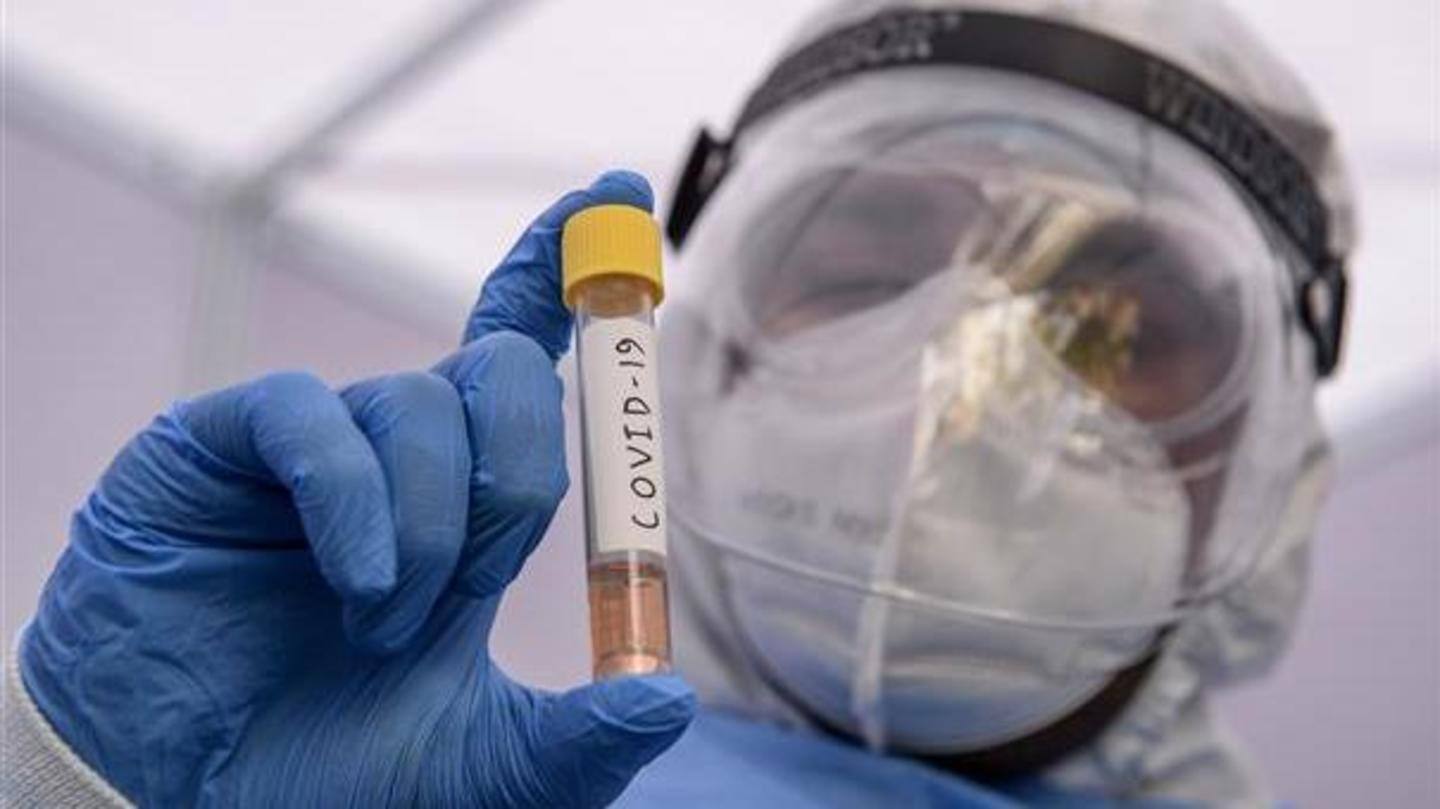
Coronavirus: Maharashtra plans antibody tests for frontline workers, tele-ICUs
What's the story
To upgrade its plan to fight against the coronavirus outbreak, the Maharashtra government has decided to conduct antibody tests for all frontline workers.
As the state is also anticipating a shortage of doctors, it is planning to operationalize tele-ICUs on an experimental basis to treat critical COVID-19 patients more effectively, NDTV reported. This would allow intensivists to remotely track a critical patient's progress.
Testing
'Taking policy decision on antibody tests for healthcare workers'
NDTV quoted Maharashtra Health Minister Rajesh Tope as saying, "We are taking a policy decision on antibody tests for healthcare workers and frontline staff in all the districts."
The state government has reportedly allowed both antibody and antigen tests (a diagnostic test).
The antigen tests will help speed up the testing process in Maharashtra, the worst-hit Indian state in the outbreak.
Quote
'Antigen tests can help get reports in one hour'
Tope said, "Antigen tests can help get reports within one hour of collecting blood samples. If this turns negative, RT-PCR test is done for confirmation. If that turns positive, then the patient is termed COVID-positive."
He added, "This will allow us to take swab samples and take tests in less time. In containment zones, this will help us speed up the testing process."
Outbreak
Maharashtra reports 1.24 lakh cases, over 5,800 deaths
Till Friday, Maharashtra had reported a total of 1,24,331 COVID-19 cases, including 5,893 deaths and 62,773 recoveries.
Out of these, 64,139 confirmed cases are concentrated in the state capital Mumbai alone. The city's total tally includes 3,425 deaths and 32,264 recoveries.
In Mumbai alone, over 1,000 doctors and nurses have tested positive, The Times of India reported on Tuesday.
Critical care
Maharashtra experiencing shortage of doctors, especially in ICUs
As Maharashtra's total cases are rising, the state has started experiencing a shortage of doctors, especially in ICUs.
Of all who get infected, 85% recover with no or mild symptoms and around 15% require oxygen support.
Tope said that although only around 2-3% of all coronavirus-infected persons require critical care, many asymptomatic patients have started occupying ICU beds by exploiting clout or paying extra.
Tele-ICUs
To address shortage of doctors, Maharashtra turns to tele-ICUs
Maharashtra is now planning to set up experimental tele-ICUs.
Tele-ICUs, developed by the Medscape foundation, involve doctors tracking a patient's vitals remotely through a monitor placed near their ICU beds. They will accordingly suggest treatment.
Mumbai, Thane, Jalgaon, Solapur, Aurangabad, and Akola have started using tele-ICUs on a trial basis, Tope said.
If they are successful, tele-ICUs could be expanded to other districts.
Other issues
500 more beds to be added in COVID hospitals
Tope said that bed management is not a cause of concern in COVID Care Centers (CCC) and Dedicated COVID Health Centers (DCHC). 500 more beds will be set up in COVID hospitals.
A designated officer will also be assigned to every private hospital to monitor if the hospitals are providing the government with 80% of their beds and if patients are being charged properly.